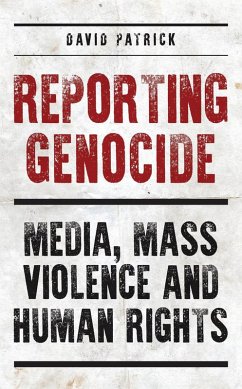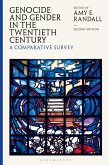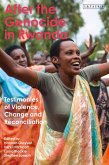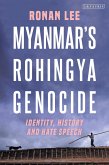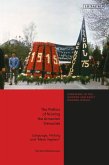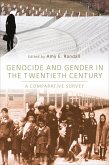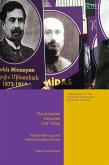The Western world's responses to genocide have been slow, unwieldly and sometimes unfit for purpose. So argues David Patrick in this essential new contribution to the aid and intervention debate. While the UK and US have historically been committed to the ideals of human rights, freedom and equality, their actual material reactions are more usually dictated by geopolitical 'noise', pre-conceived ideas of worth and the media attention-spans of individual elected leaders. Utilizing a wide-ranging quantitative analysis of media reporting across the globe, Patrick argues that an over-reliance on the Holocaust as the framing device we use to try and come to terms with such horrors can lead to slow responses, misinterpretation and category errors - in both Rwanda and Bosnia, much energy was expended trying to ascertain whether these regions qualified for 'genocide' status. The Reporting of Genocide demonstrates how such tragedies are reduced to stereotypes in the media - framed in terms of innocent victims and brutal oppressors - which can over-simplify the situation on the ground. This in turn can lead to mixed and inadequate responses from governments.
Reporting on Genocide also seeks to address how responses to genocides across the globe can be improved, and will be essential reading for policy-makers and for scholars of genocide and the media.
Reporting on Genocide also seeks to address how responses to genocides across the globe can be improved, and will be essential reading for policy-makers and for scholars of genocide and the media.

